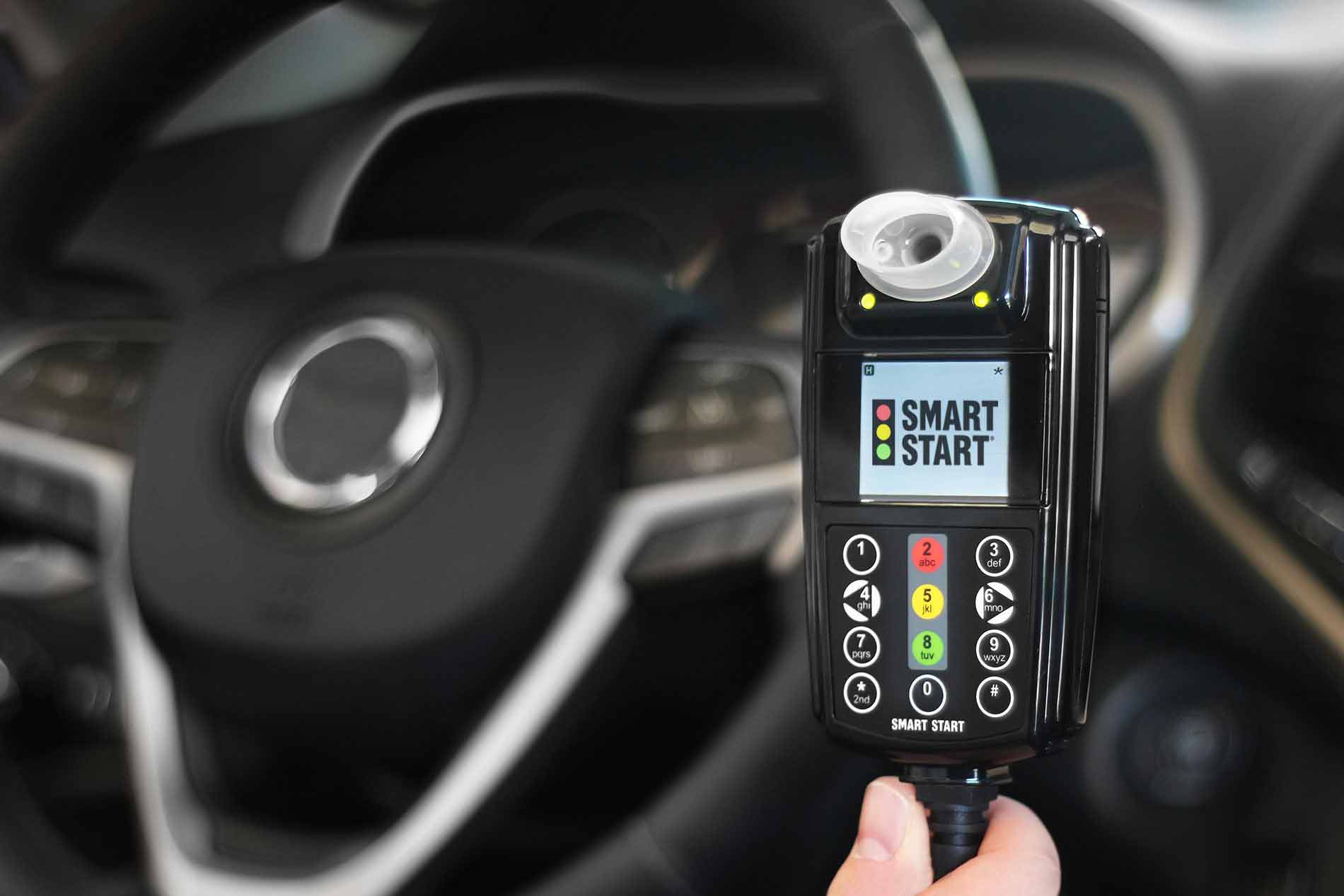If you’ve ever wondered what is persistent DWI, the answer lies in a pattern of repeated impaired driving offenses that go far beyond a single mistake. While a standard DWI can happen to someone who miscalculates one night, a persistent DWI is a legal classification for individuals with a history of multiple DWI convictions. And the consequences? Far more serious.
This guide will break down everything you need to know about persistent DWI, how it differs from regular charges, why courts treat it more severely, and what it means for your future if you’re facing this designation. We’ll also walk through real-life examples and explain how defense attorneys approach persistent DWI charges differently from first-time offenses.

What Is Persistent DWI?
To understand what is persistent DWI, you need to look at how states define repeat DWI behavior. In general, a persistent DWI refers to someone who has two or more prior convictions for driving while intoxicated, also known as DUI or DWI depending on the jurisdiction. These repeat offenses mark the driver as someone who poses an ongoing risk to public safety.
The term “persistent” isn’t just a label—it has legal consequences. In many states, this classification enhances the penalties, making the next DWI arrest an automatic felony, even if the new offense doesn’t involve injuries, high BAC, or other aggravating factors. The focus shifts from the current offense to the driver’s overall history.
Legal Definition and Variations by State
The term persistent DWI is most commonly used in states like Missouri, New Mexico, and Utah. However, the core concept exists nationwide under different names such as “habitual offender,” “aggravated DWI,” or “chronic DWI offender.” Regardless of terminology, the outcome often involves increased penalties and mandatory incarceration.
For example, in Missouri, a persistent DWI offender is someone with two or more prior intoxication-related traffic offenses, which makes the current charge a felony even if no one was harmed. In New Mexico, a fourth or subsequent conviction triggers mandatory jail time under the state’s habitual DWI statute. Each additional offense adds layers of punishment that can include lengthy prison terms and loss of driving privileges.
So, while you may not see the phrase “persistent DWI” in every jurisdiction, the principle is widely recognized across the country. The shared goal is to deter repeat offenders by imposing stricter consequences with each conviction.
Real-Life Story: From Second Chance to Felony
Take the case of Brian, a 42-year-old mechanic from Amarillo, Texas. He had two prior DWIs—one in his twenties and another five years ago. After a night out celebrating a friend’s birthday, Brian was pulled over for swerving slightly. His BAC was 0.10%. It was a marginal offense, but because of his history, prosecutors charged him as a persistent DWI offender. Instead of facing a misdemeanor, he was staring down a felony case with mandatory prison time.
This is what sets persistent DWI apart: the stakes are higher, the penalties more rigid, and the court far less lenient.
How Persistent DWI Differs from Standard Charges
The primary difference between a standard DWI and a persistent DWI is the sentencing structure. A first or second offense is typically treated as a misdemeanor. Penalties might include a short jail sentence, fines, probation, and mandatory education programs.
But a persistent DWI charge usually means:
- Automatic felony classification
- Mandatory prison sentences, often measured in years
- Longer license suspensions or permanent revocation
- Extended ignition interlock requirements
- Higher fines and court costs
- Ineligibility for certain plea deals

In short, the court treats you less like someone who made a mistake and more like someone who poses a continuous risk to public safety.
Prosecutor’s Perspective: Why Repeat Offenders Are Targeted
When considering what is persistent DWI, it’s important to understand the mindset of prosecutors and judges. Repeat offenders are viewed as threats who haven’t learned from past consequences. Courts believe these individuals require stronger deterrents—not more chances. Their concern lies in protecting the public from those seen as unwilling or unable to change dangerous behavior.
Many states have adopted mandatory sentencing guidelines for persistent DWI charges, leaving judges with little discretion to issue lenient penalties. Prosecutors, meanwhile, often pursue these cases aggressively to demonstrate a commitment to public safety. A strong stance on repeat offenses also reinforces public trust in the legal system’s ability to handle impaired driving seriously.
How Prior Convictions Are Counted
Another key element in understanding what is persistent DWI is knowing how previous convictions are counted. Some states have a “look-back” period, which limits how far back the court can go in counting prior DWIs. For example, a state might only count convictions from the past 10 years. This approach aims to give individuals an opportunity to rehabilitate without being punished indefinitely for old mistakes.
However, other states, like Texas and Missouri, consider lifetime DWI histories. That means a DWI from 20 years ago could still be used to enhance today’s charge to a felony. This lifetime consideration increases the risk for anyone with a distant criminal past who assumes they’re in the clear.
This is why expungement, record sealing, or successful appeals on old DWI cases can play a major role in how a current case is charged. Cleaning up your legal history proactively can help avoid the heavy burden of being classified as a persistent offender later on.
Real-Life Example: The 12-Year Gap That Didn’t Matter
Lisa, a school counselor from Kansas City, had a DWI in 2008 and another in 2011. She cleaned up her act and lived responsibly for over a decade. But after one lapse in judgment, she was arrested again in 2023. Although she hadn’t been in trouble for years, her two old convictions meant she qualified as a persistent DWI offender under Missouri law. The court showed no sympathy, and she was sentenced to three years in prison with no option for probation.
Penalties Associated with Persistent DWI
Now that we’ve answered what is persistent DWI, let’s look at what happens if you’re convicted under that classification.
Common Penalties:
- Felony conviction: Affects employment, housing, and civil rights
- Prison time: Often mandatory and lengthy
- Extended license revocation: Sometimes permanent
- Substance abuse treatment: Required by court
- Fines: Can exceed $10,000
- Installation of an ignition interlock device: Mandatory upon release

In many cases, persistent DWI convictions also come with a stigma that’s hard to overcome. Employers, landlords, and even schools may deny opportunities based on your record.
Defending Against a Persistent DWI Charge
The good news is that even a persistent DWI charge can be fought. Skilled defense attorneys use several strategies to protect their clients from the harshest outcomes.
Top Defense Strategies Include:
- Challenging the validity of prior convictions: Were your rights violated in earlier cases?
- Disputing probable cause for the current stop: Was there a legal basis for the stop?
- Questioning the BAC results: Was the breathalyzer properly maintained?
- Using rising BAC defense: Could your alcohol level have risen after the stop?
- Negotiating for a lesser charge: Sometimes prosecutors will accept a reckless driving plea instead
Every case is different, but having a defense strategy is crucial—especially when facing the consequences that come with a persistent DWI label.
Treatment and Rehabilitation Options
Courts don’t just want to punish repeat offenders—they also want to prevent future offenses. That’s why many persistent DWI sentences include mandatory treatment programs. These programs are designed to address the root causes of impaired driving and reduce recidivism through structured support.
Common Rehabilitation Measures:
- Court-ordered inpatient rehab
- Outpatient counseling and AA meetings
- Regular drug and alcohol testing
- Participation in a DUI court program
- Installation of a SCRAM (Secure Continuous Remote Alcohol Monitor) device

These measures are typically monitored by probation officers and the court to ensure compliance and progress throughout the recovery process.
Completing treatment programs successfully can sometimes reduce a sentence or improve parole eligibility. In some jurisdictions, it may even serve as a compelling factor during sentencing or appeal negotiations.
Can a Persistent DWI Be Expunged?
Because persistent DWI is often charged as a felony, expungement is rarely available. Most states prohibit felonies from being removed from a criminal record unless they are later overturned or dismissed. This means a conviction can follow you for life, affecting job prospects, housing, and even voting rights in some jurisdictions.
However, there may be alternatives like record sealing or pardons depending on the state. In any case, this process is long and requires significant legal work, which is why early intervention is key to avoiding a conviction in the first place. Speaking with an experienced attorney early on may help you explore defense strategies that avoid felony status altogether.
Final Thoughts: Take Persistent DWI Seriously
If you’re still asking what is persistent DWI, remember this: it’s not just about how many times you’ve been pulled over—it’s about how the law views your behavior over time. Persistent DWI charges carry severe penalties that can permanently affect your freedom, reputation, and financial well-being.
If you’re facing one of these charges, don’t delay. Speak with an experienced DWI defense attorney who understands the complexity of persistent offender laws in your state. With the right defense, a deep understanding of your case history, and a commitment to change, it may still be possible to avoid the harshest outcomes and reclaim control of your future.

